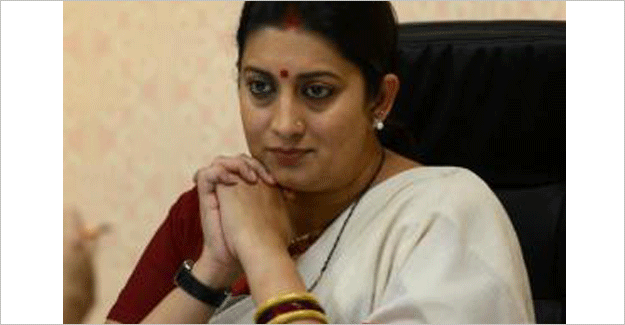Textile Ministry: Exporters Should Make Full Use Of FTAs With Asean Nations
Textile Ministry: Exporters Should Make Full Use Of FTAs With Asean Nations

At an event organized by Federation of Indian Chambers of Commerce and Industry (FICCI), at New Delhi, Union Textile Minister Smriti Irani made a strong pitch for India to enjoy a greater systematic trade in textiles with the Association of Southeast Asian Nations (Asean).
“India can be a one-stop sourcing destination for textile materials from Asean," Irani told a huge gathering of business and industry honchos at the Federation’s event venue.
She also dwelt on the globalization aspect that facilitated cheaper Chinese materials and finished products to flood the markets of the Asean member nations. “They cannot compete with the rich legacy of our handlooms," she said.
The FICCI had organized a grand and one-of-its-kind fashion show in which traditional fabrics from India and other Asean member nations were showcased. Young designers from all Asean countries including the host country made their ware available for the occasion.
In the previous financial year, India’s textiles exports to the Asean nations stood at USD 1.20 billion, while imports totaled USD 546 million.
Textiles Secretary Anant Kumar Singh who also spoke on the occasion, said, “With a strong multi-fibre base, and an abundant supply of raw materials like cotton, wool, silk, jute and man-made fibres, India enjoyed a distinct advantage of backward integration that many countries do not possess."
Singh further said, “Despite the operation of the free trade agreement (FTA) in goods with Asean, India’s exports of textiles and apparels to the region have virtually been constant in the past few years and had not shown much traction. “
“Though India has a unique advantage of having the presence of the entire textile value chain, its most exported items to Asean consisting of cotton fibre, cotton yarn and fabrics have not grown to the desired extent,” Singh stressed.
According to the government’s own admission, Indian exporters have not been able to explore and leverage the terms of trade deal to its fullest. Currently, the government is sighting opportunities to create a strong framework to export textiles and apparel to the Asean markets, and further to China, Northeast Asia and the European Union (EU) through their various trade agreements, he added.
Investors have the opportunity of entering the entire value chain of synthetics, value-added and specialty fabrics, fabric processing and technical textiles, the ministry official concluded.
Just one day earlier, the trade and economy minister from 7 nations in the bloc of 10 Asean nations had met to bring forth the expeditious conclusion of the Regional Comprehensive Economic Partnership (RCEP) pact as a necessity. The Indian government’s stand is that the sensitivities of all the nations have to be taken into account before mandating the pact.



 textileexcellence
textileexcellence 







